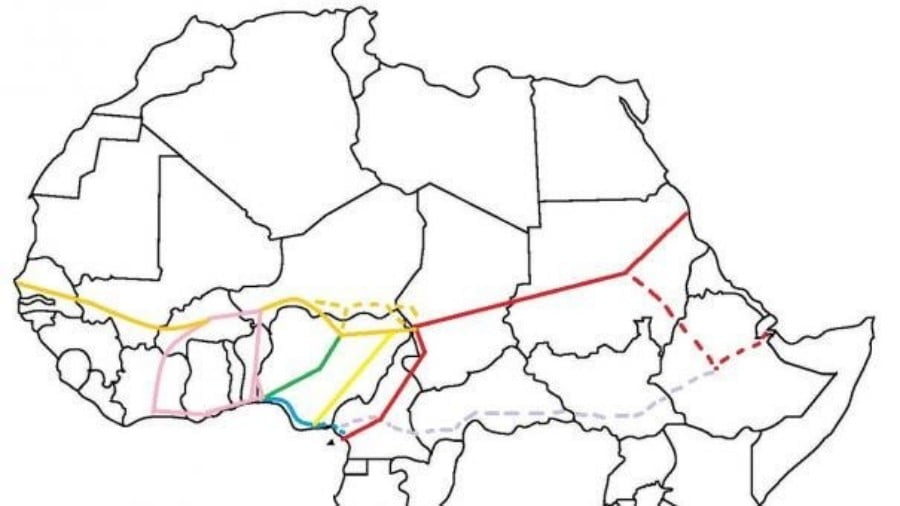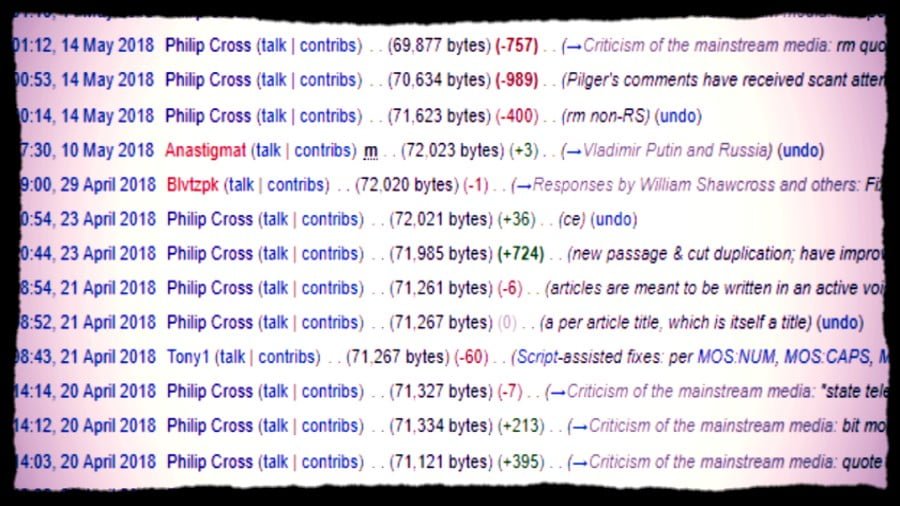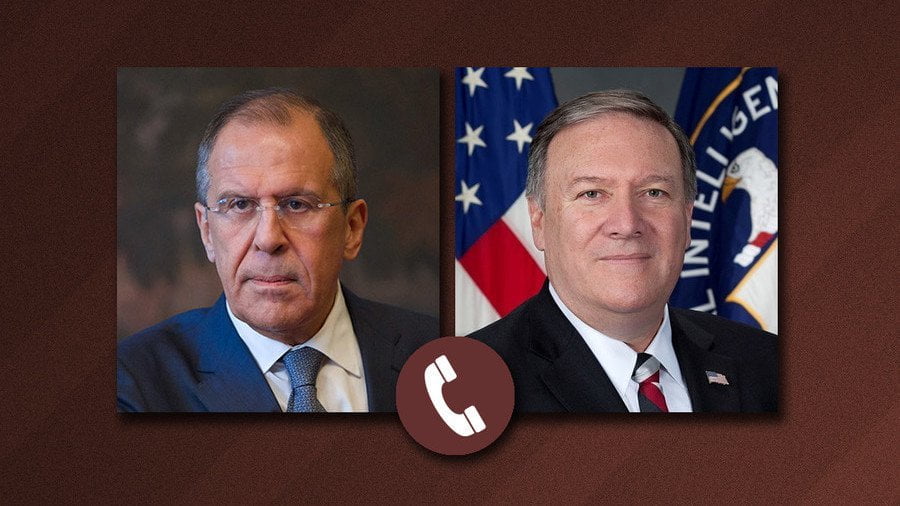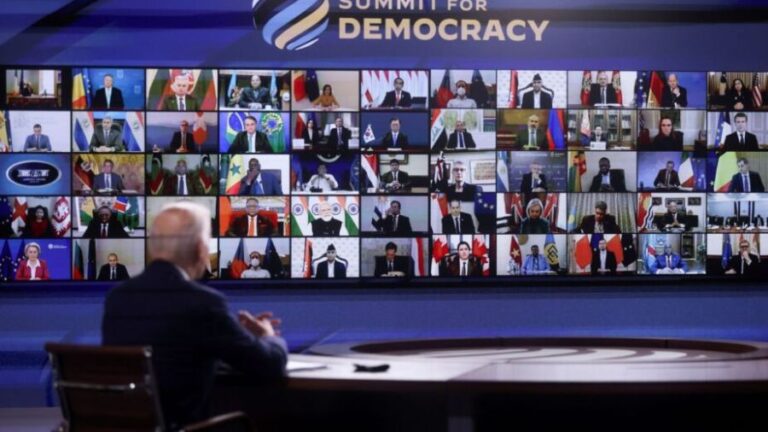The Hybrid War on Cameroon Aims to Destabilize the West-Central African CPEC
The multisided security crisis unfolding in Cameroon is intended to preemptively destabilize the West-Central African CPEC well in advance of its construction and might even catalyze another Migrant Crisis to Europe if the Hybrid War isn’t resolved soon enough.
Cameroon is a country mostly known for its national football team but which is increasingly gaining a reputation for instability, particularly as it relates to Boko Haram in the north and Anglophone separatists in the west (referred to as “Southern Cameroons”). These terrorist campaigns are being waged at a very vulnerable time in the country’s history as it goes to the polls next month in a vote that’s widely expected to result in President Biya’s reelection, who’s ruled Cameroon since 1982, and which could possibly serve as a pretext for unleashing preplanned Color Revolution unrest. The multisided security crisis that’s unfolding in the country has all the hallmarks of HybridWar, though what’s previously been missing from most analyses about it is an explanation for why the West would turn on its loyal ally after all these years.
Silk Road Strategizing
The author not only answered that last summer, but even foresaw it before the Anglophone separatists ramped up their terrorist campaign, in an extensive strategic risk analysis published as part of his book-length Hybrid War series on the Eastern Hemisphere. The US recognizes that China’s $1.3 billion deep-sea port project in the southern village of Kribi has the potential to serve as the “West-Central African CPEC” one day being the anchor terminal of a prospective Cameroon-Chad-Sudan (CCS) Silk Road that connects the continent’s Atlantic coast with its Red Sea one and forms the eastern component of a larger Sahelian-Saharan Silk Road (SSSR) stretching all the way to Senegal. All of this is described more in depth in the author’s aforementioned strategic risk analysis on Cameroon, but the summarized concept is best conveyed through the map below as taken from the previous hyperlink:

As can be seen, the red line running right through Cameroon is that country’s portion (the “West-Central African CPEC”) of the prospective Chinese-led tri-state connectivity project (CCS Silk Road) that’s more functionally viable under the present regional conditions than directly linking up with slowly collapsing Nigeria. About that, the author also wrote last summer about how “Cameroon Is The Catalyst For A Nigerian Collapse” in the sense that the cross-border expansion of its Hybrid Wars – especially the one in the Anglophone region – into Nigeria could accelerate that country’s collapse and therefore catalyze another Migrant Crisis to Europe, as was explained in the author’s piece earlier this year drawing attention to the African “domino effect” caused by various conflicts in order to warn about how “Migrant Crisis 2.0 Might Come From Africa”. All of this sets the backdrop for explaining the US’ forward-looking strategic planning against Cameroon.
Hybrid War Incentives
Although very different from Pakistan in many ways, the West-Central African country also similarly functions as a “zipper” of transregional integration because of its geography, which therefore incentivizes the US to exploit its preexisting identity diversity and attendant fault lines for Hybrid War purposes in order to disrupt, control, or influence this prospective connectivity corridor. “Ambazonia”, which is the name of the political entity that the Anglophone separatists plan to establish, would be located right between Nigeria and Cameroon, thereby allowing it to function as a wedge between the two and also as the mainland analogue of pro-American Equatorial Guinea’s island of Bioko in the energy-rich Gulf of Guinea, which would thus make it the ultimate bastion of influence over the CCS Silk Road and correspondingly over the geographic center of the SSSR.
The fact that long-serving and elderly 85-year-old President Biya is up for reelection next month is “politically convenient” because the “publicly plausible” narrative is being created in the Western-controlled international media that he might be about to “rig the elections” because he’s a “power-hungry dictator”, which would reversely “justify” the Anglophone terrorist war as a “democratic struggle for freedom” if the US or any of its allies such as Canada or the UK accused him of doing so. Furthermore, judging by President Biya’s age alone, a leadership transition is inevitable in Cameroon sooner or later, and the US might want to get a “head start” on shaping the outcome through the weaponization of chaos theory just as it did in Egypt after betraying Mubarak in 2011. The difference this time around is that there might be a Silk Road knock-on effect, too.
China needs reliable access to African markets in order to maintain its growth across this century, which explains the zeal with which it’s building modern infrastructure all across the continent as it seeks to improve its people’s living standards and consequent capacity to purchase Chinese goods. The CCS Silk Road is therefore a vital future corridor for connecting West Africa with the Red Sea because it cuts off thousands of miles of travel around the Cape of Good Hope and thus facilitates quicker shipment to CPEC’s terminal port of Gwadar, after which products can transit to and from the People’s Republic with ease. As for the security component of this vision, Sudan recently requested Russian support for foiling the US’ scheme to “Balkanize” the country into five separate states, while neighboring Chad is regarded as an African military superpower and doesn’t have much to worry about.
Following The Pakistani Path
Cameroon is naturally the weak link in this construction for the previously described reasons, and its security environment is especially challenging for both its contemporary context (Boko Haram, the Anglophone separatists, and a credible Color Revolution threat) and also simple geography of having to contend with a variety of physical domains such as deserts, jungles, and savannahs. Moreover, Cameroon is the international pillar on which Nigeria’s domestic security most solidly rests, and its descent into a more intensified Hybrid War will certainly destabilize the African giant with uncertain but presumably very negative results. What Cameroon needs to immediately do is craft a comprehensive “Democratic Security” (counter-Hybrid War) strategy for weathering the coming storm, which should include military, political, economic, and informational dimensions that also involve as many partnered stakeholders as possible.
Just like with Pakistan, Cameroon’s geo-economic potential as a transregional zipper makes it the target of American Hybrid War, but interestingly enough and in spite of their many differences, these two countries could cooperate in sharing experiences with one another as part of the solution for protecting the “West-Central African CPEC”. Pakistan’s extensive and very successful anti-terrorist experience, coupled with its decades-long participation in UN peacekeeping missions in Africa, endow it with the unique ability to most effectively assist Cameroon at this crucial crossroads, though provided that Yaoundé takes the initiative to explore the avenues through which it and Islamabad could cooperate in this regard. Possible suggestions include urgently hosting joint Hybrid War conferences and considering military training arrangements such as the sort that Russia and Pakistan recently clinched. If there’s the political will, then it would help to open up embassies in each other’s countries, too.
Concluding Thoughts
Cameroon is undoubtedly going through one of the roughest moments of its post-independence history, and there’s close to no optimism about its future stability unless it proves that it’s capable of handling the Hybrid War threats of Boko Haram, the Anglophone separatists, and the high likelihood of some kind of Color Revolution unrest next month. While seemingly caught totally off guard by the terrorist-driven anarchy in parts of “Ambazonia”, the Cameroonian officials appear to have finally understood that the threat there is much more deeply rooted than they thought and had been planned for far longer than they assumed. This has given way to the worrying realization that foreign state actors might also behind (or at the very least, politically supporting) this terrorist campaign, though for reasons that had hitherto evaded Yaoundé because the idea of the West betraying its loyal partner was previously unthinkable.
The answer to the apparently mind-boggling question of what could be driving the Western-backed destabilization of Cameroon is the US’ forward-thinking strategic planning in regards to China, particularly as it relates to the CCS Silk Road and the in-country component of the “West-Central African CPEC”. The US is always gaming out scenarios decades in advance, and while they don’t always succeed and sometimes end up backfiring (such as the expansion of Iranian influence in the Mideast after the 2011 theater-wide “Arab Spring” Color Revolutions or the possible sparking of a Migrant Crisis 2.0 if Cameroon collapses), that doesn’t take away from the fact that it’s trying to shape future events in the direction of its own interests. As it stands, Cameroon is fast approaching a very serious crisis of regional – and perhaps even continental – significance, and it’ll need all the help that it can get if it’s to survive.







